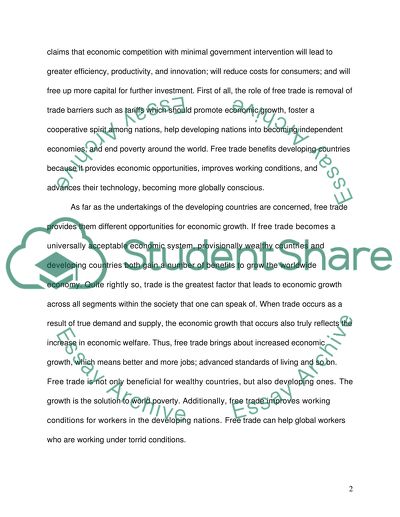Cite this document
(A Healthy Government Towards a Healthier Economy Essay Example | Topics and Well Written Essays - 1500 words, n.d.)
A Healthy Government Towards a Healthier Economy Essay Example | Topics and Well Written Essays - 1500 words. https://studentshare.org/environmental-studies/1411205-a-healthy-government-towards-a-healthier-economy
A Healthy Government Towards a Healthier Economy Essay Example | Topics and Well Written Essays - 1500 words. https://studentshare.org/environmental-studies/1411205-a-healthy-government-towards-a-healthier-economy
(A Healthy Government Towards a Healthier Economy Essay Example | Topics and Well Written Essays - 1500 Words)
A Healthy Government Towards a Healthier Economy Essay Example | Topics and Well Written Essays - 1500 Words. https://studentshare.org/environmental-studies/1411205-a-healthy-government-towards-a-healthier-economy.
A Healthy Government Towards a Healthier Economy Essay Example | Topics and Well Written Essays - 1500 Words. https://studentshare.org/environmental-studies/1411205-a-healthy-government-towards-a-healthier-economy.
“A Healthy Government Towards a Healthier Economy Essay Example | Topics and Well Written Essays - 1500 Words”. https://studentshare.org/environmental-studies/1411205-a-healthy-government-towards-a-healthier-economy.


